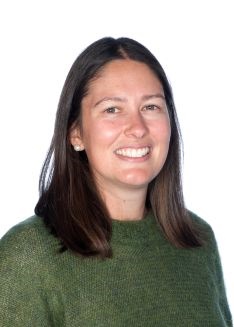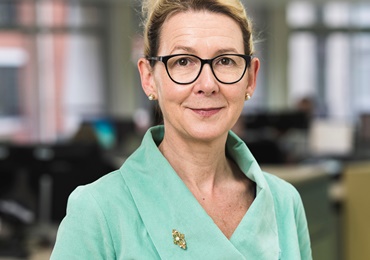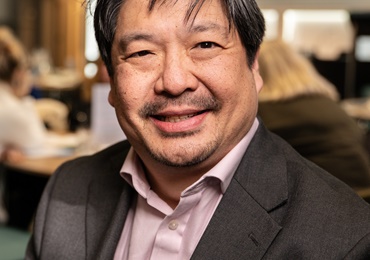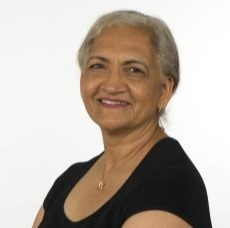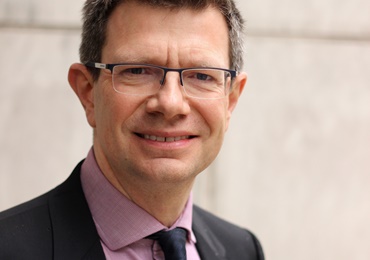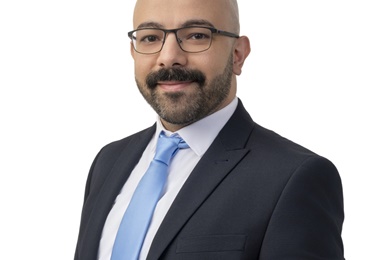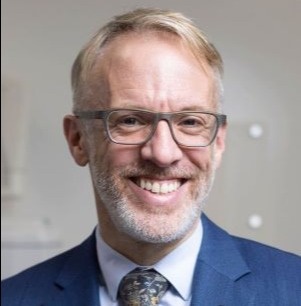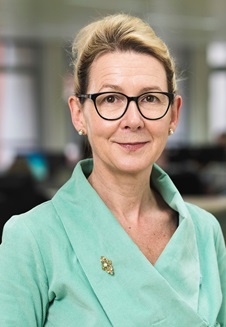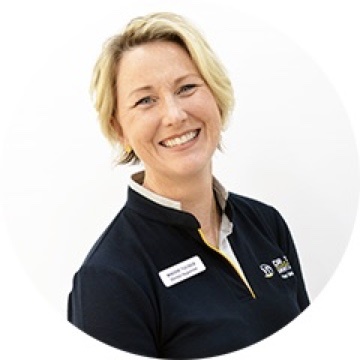The systems, workforce data and international registration
Understanding the systems in which the dental sector operates and the role of different organisations within them is important and not always straightforward. The GDC convened the Dental Leadership Network this month to talk about just this topic. I wasn’t able to join this time, but I’m very grateful both to speakers who shared their insights and attendees who considered their role as leaders to support their teams to understand their organisation’s position in the system, and how leaders can find and take opportunities to influence the system. Like others at the event, I’m actually not sure about using the term ‘the systems’ and speculate whether we should describe it as ‘the environment’. But these are just my thoughts, and I appreciate that the Dental Leadership Network is a place where we can all share different ideas.
I have always been of the view that it's important for the GDC to engage with stakeholders, and the Dental Leadership Network enables leaders to share information and build relationships, create a better understanding of everyone’s remit, priorities and shared challenges and encourage collaboration and ownership to resolve shared challenges.
Informing the discussion about access and improving international registration
A few weeks after the NHS Long Term Workforce Plan was published, which I talked about last month, the Health and Social Care Select Committee’s report into NHS dentistry was published. Several of the themes were consistent with findings from the GDC’s research, of continuing difficulties in accessing dental services, and a lack of public confidence in getting appointments when they are needed.
Central to the debate about access to dentistry is the changing nature of the dental workforce. Workforce planning does not lie within the GDC’s statutory remit, but we have already stated our intention to gather, with the support of stakeholders, some simple workforce data as part of the annual renewal of dentists’ registration, providing that it does not disrupt the renewal process, to inform the discussion on this important issue.
We will soon be ready to test the approach with small numbers of dental professionals and the support from various stakeholders in doing so has been very welcome. This support will continue to be needed as the work proceeds, as responses to the questions would be on a voluntary basis.
The number of dental professionals who qualify overseas is just one aspect of workforce. The GDC is increasing the number of Part 2 sittings of the Overseas Registration Exam (ORE) from three to four in 2024, after reaching an agreement with consortium partners, and also increasing the size of our registration casework team to tackle the backlog in overseas applications.
Along with the recent tripling of ORE Part 1 places, this change means that more candidates will have the opportunity to sit the ORE and be able to become registered dentists in the UK, although, as I always add, while this is a positive development it does not provide any immediate impact to the public’s access to dental services.
 eGDC
eGDC

